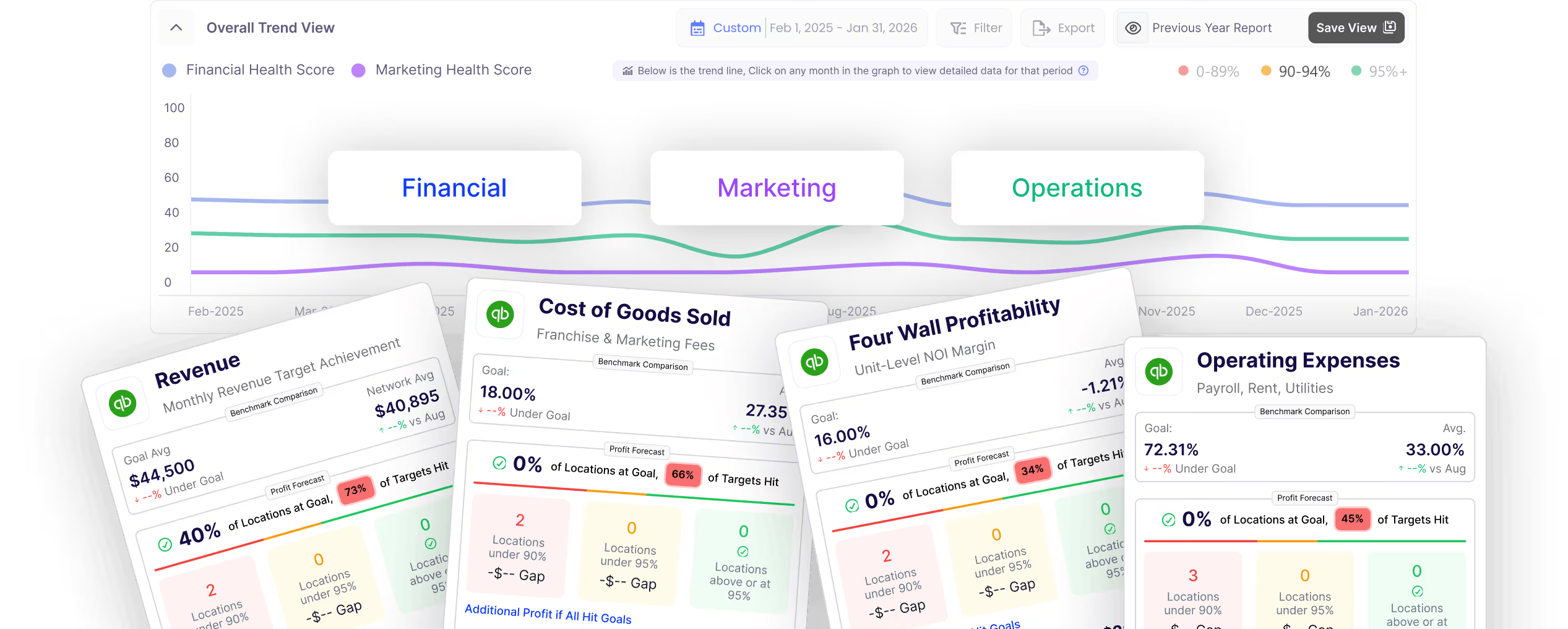
Back To All Blogs
Revolutionizing Business Operations of AI on Process Automation in 2023
.jpg)
This transformative synergy enhances efficiency, adapts processes dynamically, and reshapes the future of business operations. Organizations are encouraged to sign up today for a trial, unlocking the transformative potential of AI-driven automation
In the fast-paced landscape of technology, Artificial Intelligence (AI) has emerged as a transformative force, reshaping various industries. One of the significant areas where AI is leaving an indelible mark is process automation. In this blog post, we will delve into the dynamic realm of AI-driven automation, exploring its implications, tools, and the evolving synergy between AI and Robotic Process Automation.
In the fast-paced landscape of technology, Artificial Intelligence (AI) has emerged as a transformative force, reshaping various industries. One of the significant areas where AI is leaving an indelible mark is process automation. In this blog post, we will delve into the dynamic realm of AI-driven automation, exploring its implications, tools, and the evolving synergy between AI and Robotic Process Automation.

Understanding AI in Process Automation
AI in process automation represents a paradigm shift in how businesses streamline their operations. Unlike traditional automation that follows pre-programmed rules, AI-powered automation leverages machine learning algorithms to adapt and optimize processes dynamically. This adaptability not only enhances efficiency but also allows systems to learn and improve over time, making them more intelligent and responsive.
AI in Test Automation
Test automation is a critical aspect of software development, ensuring the reliability and quality of applications. AI has made major advances this field and transformed testing methods in the process. Beyond rule-based testing, AI-driven test automation by implement ai solutions use algorithms to identify trends, predict failure areas, and even create test cases on their own. This not only accelerates testing processes but also enhances the overall quality of software products.
The Rise of Cognitive Automation
In the era of AI systems,AI algorithms and business process automation , cognitive automation takes center stage, enabling systems to emulate human thought processes. This section explores how AI's cognitive capabilities enhance automation, allowing for nuanced decision-making and problem-solving. Real-world examples and use cases illustrate the practical implications of cognitive automation in diverse industries.

Enhancing Efficiency with Predictive Analytics
AI tool predictive analytics capabilities are transforming process automation by foreseeing potential bottlenecks, failures, and trends. Delve into how businesses leverage predictive analytics in conjunction with automation to preemptively address issues, optimize workflows, and enhance overall working efficiency.
AI-Powered Chatbots and Customer Interaction
Beyond backend processes, AI is reshaping customer interactions through intelligent chatbots. Examine the ways in which companies are using AI to power chatbots that can comprehend natural language, provide specialized responses, and readily interact with automation to improve engagement, support, customer experiences and customer service.
Adaptive Learning in AI Automation
The concept of adaptive learning is pivotal in AI-driven automation. Discover how machine learning manual test algorithms enable systems to continuously evolve, pick up on patterns in data, and adjust to changes in their surroundings. This adaptive learning ensures that automated processes remain effective in dynamic and ever-changing business landscapes.
Human-AI Collaboration in Automation

The future of work is marked by collaboration between humans and AI. Explore how businesses are fostering a collaborative environment where AI augments human capabilities,machine learning ml, enabling employees to focus on creative tasks, problem-solving, and strategic decision-making, while AI handles routine and repetitive processes.
AI Ethics in Automation: Navigating the Challenges
As AI becomes intelligence processes integral to automation, ethical considerations come to the forefront. Discuss the ethical challenges associated with AI in process automation of natural language processing nlp, addressing issues such as bias, transparency, and accountability. Explore how organizations are navigating these challenges to ensure responsible and fair use of AI in their automation strategies.
Overcoming Implementation Challenges: A Practical Guide
While the benefits of AI-driven automation technology are substantial, implementation challenges exist. This section provides a practical guide on overcoming common hurdles such as data integration, employee reskilling, and cybersecurity concerns. Real-world case studies and best practices offer insights into successful implementation strategies.
The Role of Explainable AI in Transparent Automation
Transparency in AI is crucial for building trust, functional tests and understanding within organizations. Examine the role of explainable AI in making automation processes transparent and understandable. This section explores how explainable AI mitigates the "black box" perception, allowing stakeholders to comprehend and trust the decisions made by AI-powered automation systems.

AI Test Automation Tools
A plethora of AI-based automation tools has flooded the market, each offering unique features to address specific challenges in the testing and development lifecycle. From intelligent test case generation to predictive analysis of defects, these tools empower organizations to achieve higher test coverage and quicker release cycles. Examples include Selenium with AI integrations, Testim, and Applitools, each showcasing the fusion of AI and automation for optimal results.
AI and machine learning
AI and machine learning represent cutting-edge technologies driving innovation across industries. AI focuses on simulating intelligent behavior, while machine learning enables systems to learn and improve from data. Together, they create powerful tools that automate processes, analyze vast datasets, and make data-driven predictions, revolutionizing how businesses operate.
AI-Driven Automation: Unleashing the Power of Intelligence
At its core, AI-driven automation combines the efficiency of automation with the cognitive abilities of AI. This amalgamation ai enables systems to understand, learn, and adapt to complex scenarios. Processes become more intuitive, capable of handling unstructured data, and making informed decisions by improving efficiency in real-time. This not only minimizes human intervention but also enhances the overall agility of business operations.
Exploring AI-Powered Automation
The term "AI-powered automation" reflects the synergy between AI technologies and automation processes. Machine learning algorithms, natural language processing, and computer vision are integrated into automation workflows to create intelligent systems that can understand, interpret, and act upon data without explicit programming. This transformative approach is driving businesses towards a new era of efficiency and innovation.

AI & Robotic Process Automation
Robotic Process Automation (RPA) focuses on automating repetitive, rule-based tasks. When coupled with AI, RPA becomes a powerhouse of efficiency. AI enhances RPA by enabling robots to handle more complex tasks, make decisions based on data analysis, and learn from experience. This convergence of AI and RPA is reshaping the workforce, freeing up human resources for more strategic and creative endeavors.
Intelligent Automation: The Future of Business Operations
Intelligent automation, an advanced form of AI and automation integration, represents the future of business operations. This approach goes beyond automating tasks; it aims to create end-to-end processes that are not only efficient but also adaptable to changing conditions. Intelligent automation systems leverage AI to learn from user interactions, predict future needs, and continuously optimize processes for maximum efficiency.
Conclusion
In 2023, the impact of AI on process automation is undeniable. From revolutionizing test automation to driving the evolution of RPA, AI is transforming the way businesses operate. As organizations continue to embrace AI-powered automation, they pave the way for more intelligent, adaptive, and efficient processes. The journey towards the future of business operations is undoubtedly guided by the synergy between AI and automation, creating a landscape where innovation knows no bounds.
Sign up today for a trial and embark on the transformative journey of AI-driven automation. Experience the power of intelligent processes that redefine efficiency and innovation in the evolving landscape of business operations.

Ready to Find Your
Profit Leaks?











